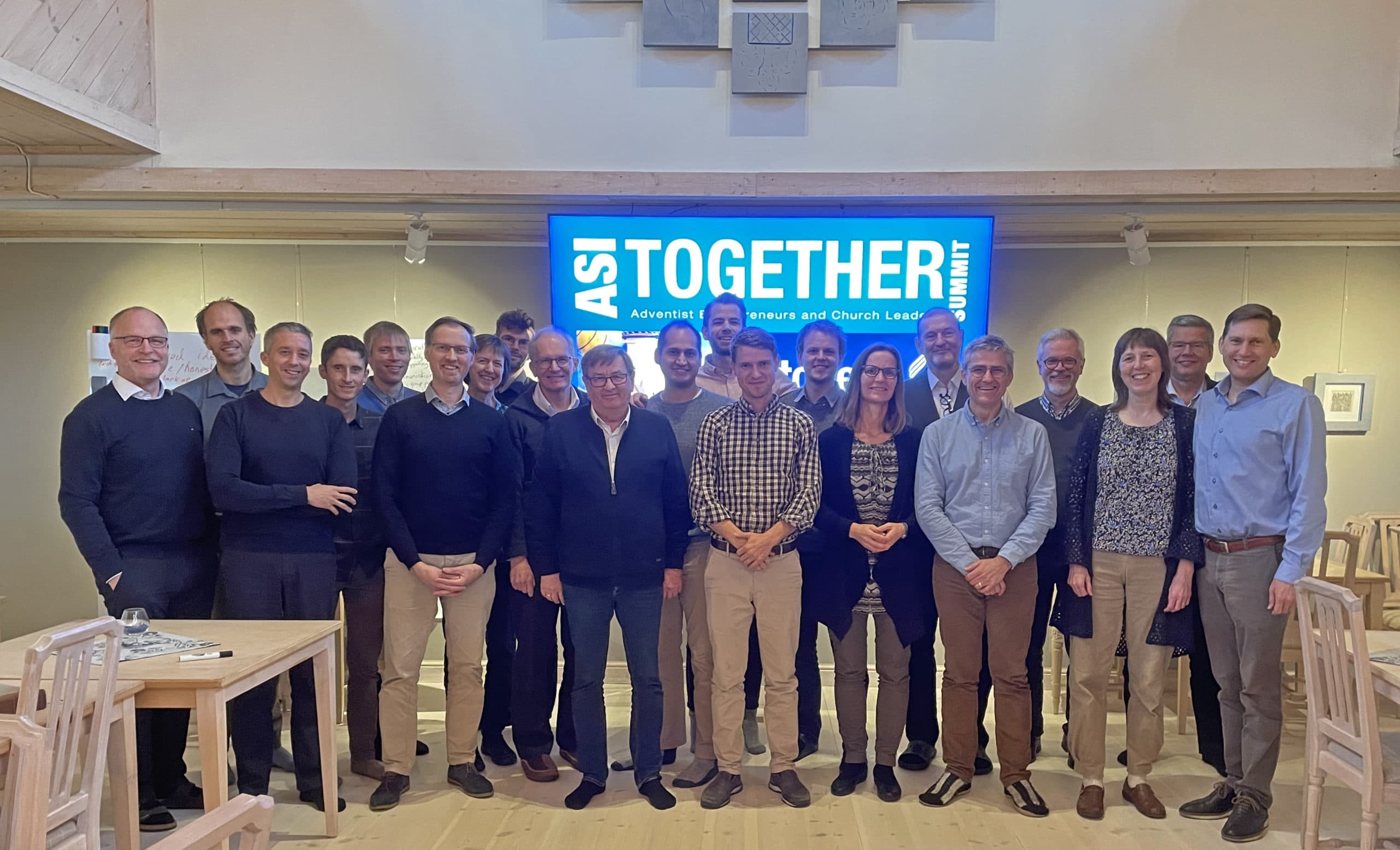
The leadership of the Seventh-day Adventist Church in the four Nordic countries — Norway, Sweden, Finland, and Denmark — recently met with leaders of supporting ministries in the region for three days of talks. The purpose of the gathering at LifeStyleTV in Sweden on October 22 to 24 was to lay the foundations for more effective mission work in the Nordic region. The cooperation between the supporting ministries and the church is already positive, and the meetings in Sweden helped to strengthen the relationships.
Dan Millares, owner of Webbtrim, a company that develops websites and software for businesses, directs funds generated by his company to support the church’s mission activities. Pleased that the summit took place, he said that he felt it was special because “it was good to meet so many [mission-minded] people who don’t usually meet in one place.”
Norwegian Union Conference president Victor Marley said he was also very satisfied with the talks. “The meetings were very useful for the church’s leaders in the Nordic region. We have gained a better understanding of each other, and that gives us the opportunity to cooperate better with the lay organizations regarding the church’s mission.”
Conversations Build Trust
An important aim of the summit was to build mutual trust between the church’s leadership and leaders of supporting ministries. Open conversations both in plenary sessions and one-on-one, as well as activities in the program, helped to create trust.
“As Christians, we should be models for having trust in each other, but that has not always been the case in our relationship with supporting ministries,” Marley explained. He also noted that in recent years, several books have been published that emphasize how important trust is for organizations to be effective. A high degree of trust often leads to high efficiency.
“This gathering has certainly contributed to strengthening the trust between the supporting ministries and church’s leadership,” Millares said. He went on to explain that he had gained a better understanding of the church’s organization and decision-making processes, which are much longer in church life. “It’s clear to me that private companies and the church are two completely different types of organizations.”
Better Communication
An important point that emerged in the talks was the need for better communication between the organizations and the church. Church leaders acknowledged that they do not have a full overview of who is responsible for what in the individual organizations and what they work with. For their part, the leaders of the supporting ministries admitted that they could do better at informing both about their own activities and who is in charge.
“Through the talks, we have cleared up some misunderstandings that have existed on both sides,” Marley said. It becomes easier to keep each other informed when leaders meet each other and get know each other better.
Claus Nybo, head of LifeStyleTV and host of the conference, said he was grateful that both union leaders and leaders of the organizations had prioritized attending the summit.
“This was an important and positive step to develop [further] the cooperation that already exists. Everyone who participated wants us to meet again, to talk more specifically about how we can strengthen the church’s missionary work,” Nybo said.
The gathering was organized by Adventist Laymen’s Services and Industries (ASi) Scandinavia, where Nybo is responsible for membership. ASi Scandinavia is a mission organization for lay people who run organizations or businesses.
The original version of this story was posted on the Trans-European Division news site.